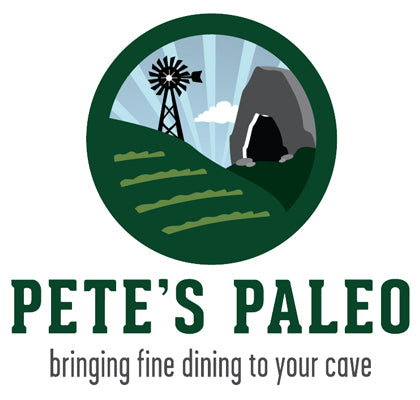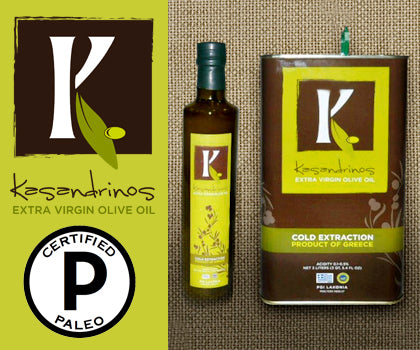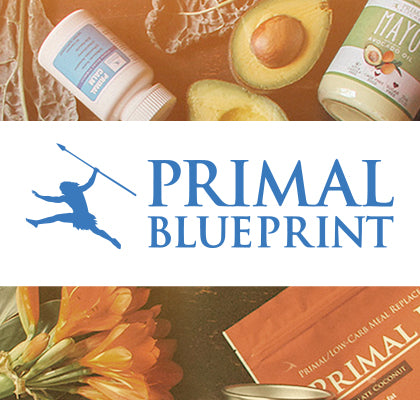- Continue Shopping
- Your Cart is Empty
Salt
Like saturated fat or cholesterol, sodium has been vilified by conventional dietary wisdom. The refrain goes like this: when you eat salt, you retain more water and your blood pressure goes up, which will kill you eventually. Luckily for those of us who enjoy salt (and flavor in general), this is not entirely true. Though salt has been one of the most sought-after commodities for centuries, our Paleo uber-parents ate very little of it. 8000 years is the generally accepted birth of the salt trade (and boderline worship), which is a few millennia shy of that 10,000-year Paleolithic benchmark. So does that mean salt isn’t Paleo? Not really. Remember, we’re using the cavemen as a logical framework and not as literal role models. So let’s take a look at the role salt plays in our diet. Sodium is a mineral present in almost everything we eat, but usually only in trace amounts. Even table salt (sodium chloride) is only around 40% sodium. Trendier salts like Pink Himalayan Sea Salt or Green Dragon Panther Ocean Salt (I made up that second one) have the same amount of sodium, but higher amounts of trace minerals some health advocates find attractive. Frankly put, you need salt. Not in a mushy, abstract, “I need to update my facebook status or I’ll figuratively die” kind of way, but in a “you must consume salt or you will literally die” kind of way. Sodium is vital to the body’s electrical signaling (now you know that “electrolyte” is kind of a fancy word for salt), and regulation of fluid balance. Too little salt will have you tripping over yourself in a stupor. But what about too much salt? The studies that have fueled the sodium scare since the 70’s were based on rats fed the human equivalent of 4.5 cups of table salt every day. Any substance in that amount of excess is dangerous. The reality is that the studies performed on reduced salt intake have concluded that a minimal reduction in blood pressure correlates, but that’s as far as the benefits go. That correlation has not been shown to increase life expectancy or decrease risk of cardiovascular disease according to Chris Kresser and Gary Taubes, two of the Paleosphere’s scientific rockstars. Kresser suggests that people with impaired renal (kidney) function, people prone to kidney stones, and those who are otherwise malnourished or deficient in other minerals might benefit from a moderate reduction in sodium intake. But more important than reduced sodium is the optimization of other minerals, most notably potassium, which moderates sodium levels into those “not too much, not too little” ranges. Potassium is tougher to find than sodium in the modern world, but ample amounts of fruits and veggies will do the trick. Once again, the media coverage of human nutrition fails to tell the whole story. Look into salt intake for yourself, and figure out just how much deliciousness you’ll let yourself consume. I’m going to continue salting my ribeyes with my delicious Green Dragon Panther Ocean Salt. Where do you find yourself falling on the salt spectrum? Caveman low or lab rat high? What kind of salt do you enjoy most? It’s Dragon Panther Salt, isn’t it?
X








